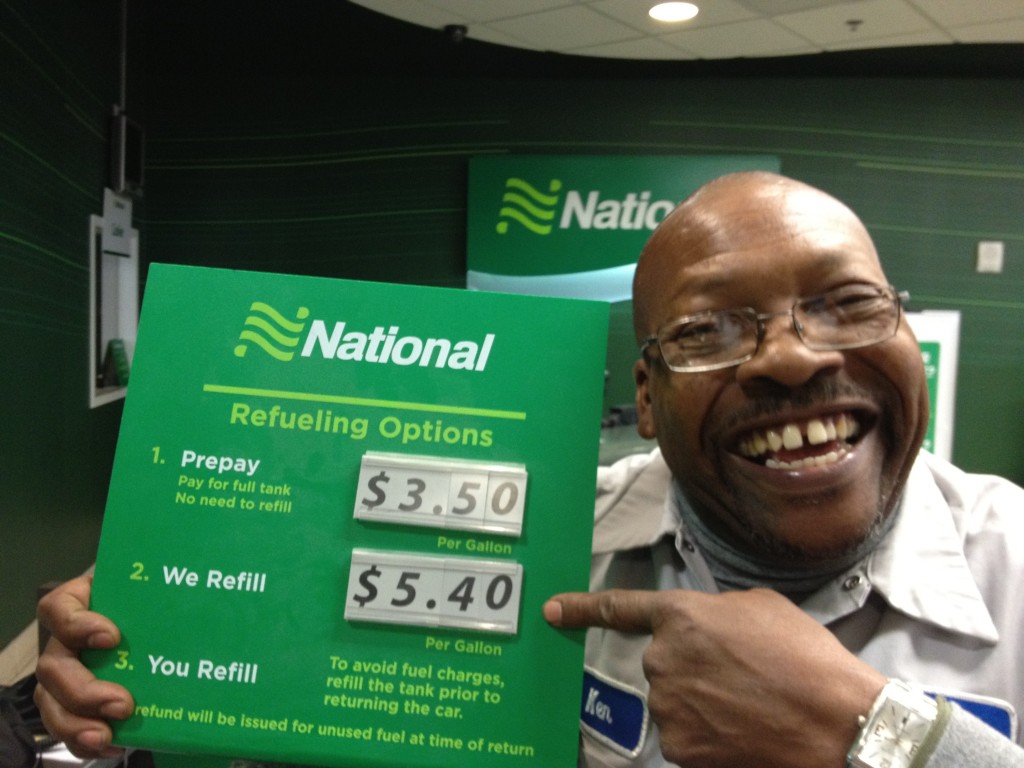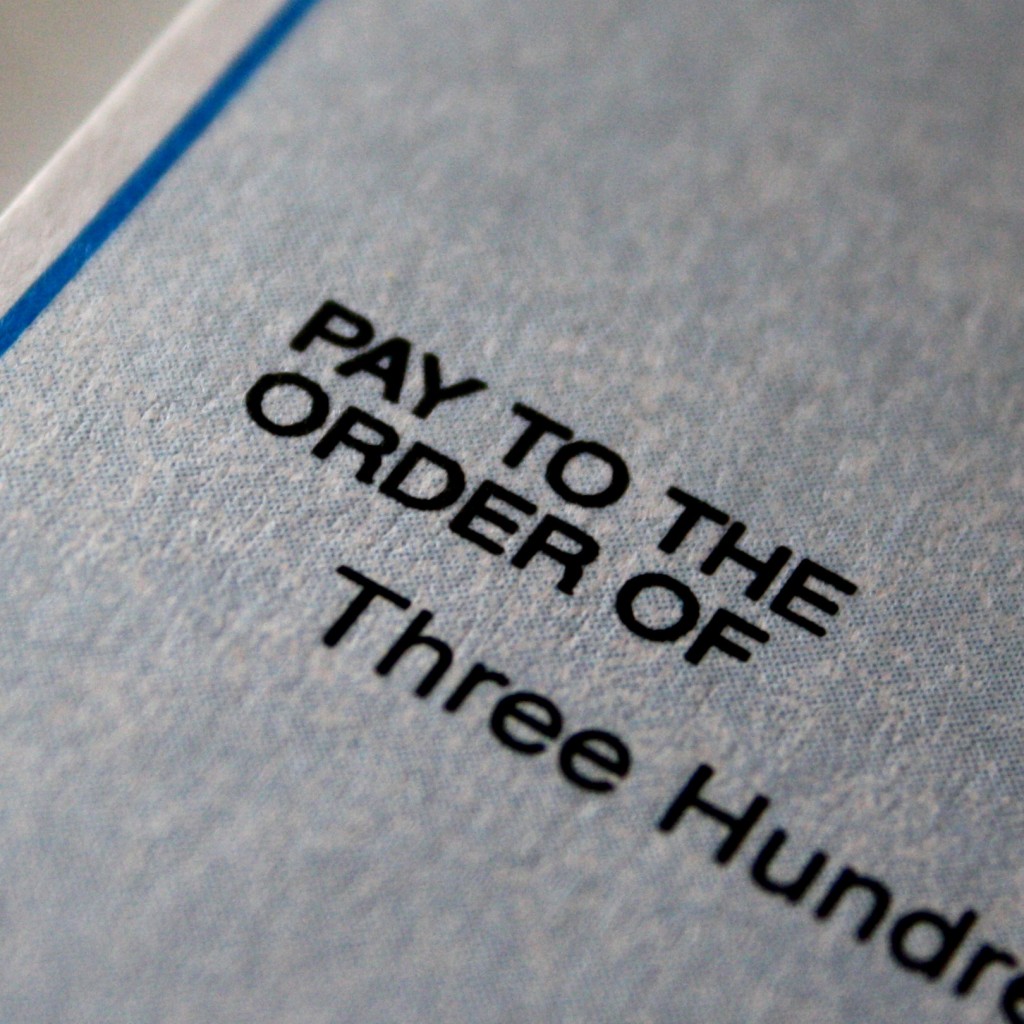You missed Wednesday’s Part I on car rental coverage? Go back and read it again, it’s really good. And you won’t understand today’s post if you don’t.
Fine, we can’t force you to read it. It’s about the different kinds of insurance add-ons car rental companies charge, and why they’re largely a waste of money. We saved the best one for the end, one that can end up costing you more than the rental itself.
PPP – Personal Protection Plan
Again, here “plan” is a euphemism for the taboo word “insurance”, a service only licensed insurers can sell. Oh Christ, what a rip this one is. This is for any medical expenses, up to and including death benefits, that you or your passengers might incur while renting the car.
Your existing health insurance doesn’t have a subsection that reads “this policy null and void if insured rents a car.” Thus, you’re covered. If you don’t have health insurance, you might indeed have good reasons for forgoing it. But then why would you buy only a few days’ worth of coverage, only to resume your uncovered status when you drop the keys in the overnight box?
In addition, your own auto policy gives you the option of including medical payments coverage. Lots of people don’t bother paying for it, but you should. Not for yourself, but it’ll cover your passengers and anyone you might hit. Which is getting us off the topic of rental insurance…
PEC – Personal Effects Coverage
This is a bigger rip than PPP. For $5 or thereabouts, PEC covers anything that might get stolen in the car. Again, you probably have this in your existing policy (it’ll be part of a subset called “property damage coverage” or something similar.) If you don’t have it, get it on your main policy, not your rental policy. Even if you do buy PEC, it covers only you and family members you live with. Go on a business trip with a partner, and the partner’s personal effects wouldn’t be covered anyway.
ESP – Emergency Sickness Protection
This is PPP, but for cholera rather than for greenstick fractures. And again (we’re starting to wish English had a synonym for “again”), you should already be covered with your existing health insurance policy if you have one.
If you want an extra layer of protection on top of that offered by Progressive and Blue Cross, any respectable credit card issuer will have you covered. Even the zealots who hate credit cards on principle will acknowledge that you have to have one if you plan on renting a vehicle: so shouldn’t you use a card that protects you?
American Express includes free Car Rental Loss & Damage Insurance with every card it issues. It includes most of the subsets of insurance listed above. When you add it to your main policy, it’ll cover most every possibility you could encounter. For instance, however much your main policy covers for damage, theft, or loss, American Express will cover an additional $50,000 just for the asking. In fact, you don’t even have to ask. Even Discover, the poor man’s American Express, supplements your coverage to the tune of $25,000.
(NOTE: This is not an endorsement of American Express’s Premium Car Rental Protection, a joke of a service that costs you money. It’s $25 per rental, and it acts as your primary coverage for the length of the rental. You already have primary coverage from your insurer.)
Finally, fill the freaking tank before you drop it off. You can’t not know this, can you?
Okay, we’ll walk you through it. The rental agency typically gives you three choices for bringing the car back with a full (or however full you found it) tank:
- Fill it yourself.
- Let them fill it for you, at some ridiculously exorbitant price.
- Buy a full tank now, at the agency’s own ***DISCOUNTED!!!*** price. That way you won’t have to look at the gauge and can return it with as little gas as you like.
Obviously, the agency makes option b) so unpalatable that you won’t consider it. However, the agency understands that the same part of your brain that rejects the idea of paying $5.40 for a gallon of gas will gladly pay National’s $3.50 instead of the $3.63 at the pump down the street. If you fall for this, we’ve got a word for you: Catostomidae.
You’ve got to be all shades of dumb to believe that a car rental agency pays less than retail for gas and then gladly passes the savings on to you. The agency knows that if you buy their $3.50 gas, they’re profiting off you if you bring their car back with anything beyond fumes in the fuel tank.
If you’re certain that you’ll return the car with no gas in the tank, let Avis fill it for you when you return. To do that you’re going to have to know how many miles your rental gets per tank, then fill it when you know you’re that many miles away from returning it. Sure, that sounds easy to do. Just fill the freaking tank yourself.
This article is featured in:
**Yakezie Carnival Mighty Ducks Edition**
**Baby Boomers Blog Carnival One Hundred Twenty-first Edition**






